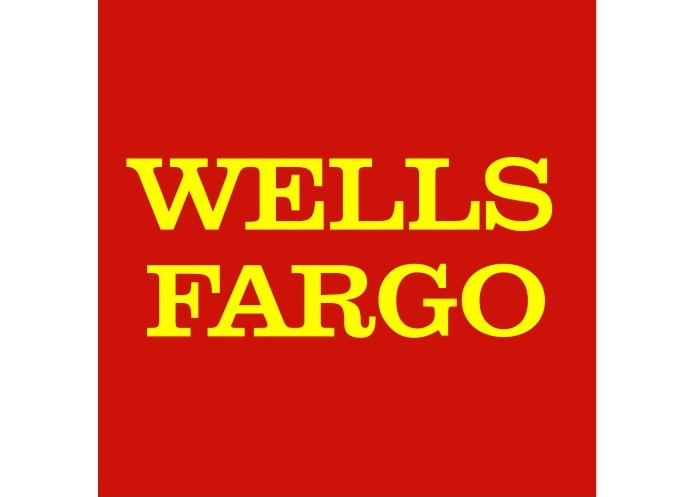Banking, finance, and taxes
What This Latest Financial Asset Sale Means for General Electric
Published:
It is official. General Electric Co. (NYSE: GE) announced on Tuesday that it has reached an agreement with Wells Fargo & Co (NYSE: WFC), whereby Wells Fargo will acquire GE Capital’s global Commercial Distribution Finance, North American Vendor Finance and Corporate Finance platforms. The transaction was said to include the leadership, employees and platforms of GE Capital Commercial Distribution Finance and GE Capital Vendor Finance.
Upon the completion of this deal, the transaction will have contributed roughly $4.2 billion of capital to the overall target of approximately $35 billion of dividends expected to be paid to GE under the disposition plan.
While not all the terms were disclosed, the sale is said to include ending net investment of approximately $30 billion, based on about $32 billion of assets, and it will include approximately 3,000 employees. The deal is expected to be completed during the first quarter of 2016.
This asset sale was shown also to include essentially all of GE Capital Corporate Finance’s portfolio of senior secured loans and leases for middle market companies across the United States and Canada. Corporate Finance has 10 specialized equipment lending and leasing verticals.
ALSO READ: Why GE’s Credit Rating Could Be At-Risk Over Activist Investor Ambitions
What matters here is that this transaction is said to nearly complete GE’s planned reduction of its U.S. lending and leasing businesses. This also puts GE’s total financial asset dispositions at more than $126 billion in its deleveraging and moves it away from having so many financial assets.
GE Capital Commercial Distribution Finance serves customers in 60 countries and provides inventory financing to fund the flow of finished durable goods from manufacturers to dealers. It operates globally in six core industries: marine, recreational vehicles, motorsports, outdoor products, technology, electronics and appliances.
GE’s Vendor Finance is a leading provider of private label and co-branded programs for original equipment manufacturers, dealers and end users across four core industries in the United States and Canada: office imaging, construction, material handling and technology.
Keith Sherin, GE Capital chairman and CEO, said in a combined quote:
This is our largest transaction to date and a critical step in our efforts to reduce the size of GE Capital. Since our April 10 announcement, we’ve signed more than $126 billion in transactions, which is over 60 percent of our overall plan, and are on track to become less than 10 percent of GE’s earnings as the company transitions to a more focused digital industrial company. We’re very pleased to sell this significant piece of our business to Wells Fargo, a respected industry leader who is committed to helping our customers grow and succeed. Wells Fargo’s strong operations, risk and regulatory expertise, combined with their customer focus, will allow them to seamlessly integrate our businesses.
We continue to execute quickly on our asset sales. With this transaction, GE Capital has only one significant platform remaining for sale in the U.S., our Franchise Finance unit with $5.5 billion of ending net investment. Once the U.S. transactions have closed and the split off of GE Capital’s retail finance business, Synchrony Financial, has occurred, GE Capital expects to file an application in 2016 for de-designation as a Systemically Important Financial Institution as its footprint in the U.S. will be significantly reduced. Globally, GE Capital expects to be substantially done with its exit strategy by the end of 2016.
ALSO READ: Have the Biggest US Banks Really Been Nationalized Already?
Despite the Dow and S&P 500 being in the red Tuesday, GE shares were up 0.5% at $28.23. GE has a consensus analyst price target of $29.62 and has a 52-week range of $19.37 to $28.68.
GE’s transformation into an industrial conglomerate continues, and it is now much closer to completion.
Let’s face it: If your money is just sitting in a checking account, you’re losing value every single day. With most checking accounts offering little to no interest, the cash you worked so hard to save is gradually being eroded by inflation.
However, by moving that money into a high-yield savings account, you can put your cash to work, growing steadily with little to no effort on your part. In just a few clicks, you can set up a high-yield savings account and start earning interest immediately.
There are plenty of reputable banks and online platforms that offer competitive rates, and many of them come with zero fees and no minimum balance requirements. Click here to see if you’re earning the best possible rate on your money!
Thank you for reading! Have some feedback for us?
Contact the 24/7 Wall St. editorial team.